On the cover: Haiti: CADIS in Ranja to Build the Future
By Fr. Sam A. Cuarto, MI
 The Camillian Disaster Service International, now a legally recognized Foundation that evolved from the Camillian Task Force, is faced with this basic question: “What is the current mission situation that the Camillian Fathers, Brothers and Lay collaborators are facing?”
The Camillian Disaster Service International, now a legally recognized Foundation that evolved from the Camillian Task Force, is faced with this basic question: “What is the current mission situation that the Camillian Fathers, Brothers and Lay collaborators are facing?”
The Center for Research on the Epidemiology of Disasters (CRED) says “weather-related disasters are becoming increasingly frequent, due largely to a sustained rise in the numbers of floods and storms.”[1] In fact, over the last twenty years (1995-2015), a total of 6,457 disasters related to weather were recorded worldwide by CRED’s EM-DAT, the world’s most comprehensive data on the occurrence and effects of technological and natural disasters. From between 1996-2016, around 1,350,000 people have been killed by natural hazards for the last 20 years.[2] This is an average of 67,500 deaths per annum. Around 4.1 billion additional people are either injured, left homeless or in need of emergency assistance.
There is no doubt about the global increase of incidence in intense floods, storms, droughts and heat waves. In fact, “in the last four decades, the frequency of natural disasters recorded in the Emergency Events Database (EM-DAT) has increased almost three-fold, over over 1,300 events in 1975-1984 to over 3,900 in 2005-2014.[3] All types of disasters have sharply increased between 1970 to 2014 (Figure 1).
The members of the Order of the Ministers of the Infirm have not been unconcerned and indifferent towards this increasing incidence and the epidemiology of natural disasters. Led by the Generalate, a group but considered as a Commission was formed in 2000, lasting into 2007. The members were called as Team of Emergency Caregivers. Then in 2007, the Camillian Task Force was organized as an Office in Rome, Italy and the Servants of St. Camillus-Disaster Relief Services (SOS-DRS) was also established as an NGO 501 C3 in Milwaukee, USA. The evolving global events were the context for the development of these organizations internal to the Order of the Ministers of the Infirm. Then at present, the Camillian Task Force as an Office evolved into a legally registered Foundation now known as the Camillian Disaster Service International (CADIS International). Meanwhile the SOS-DRS in Milwaukee, USA followed suit, evolving its name into CADIS USA. In short, the Order of the Ministers of the Infirm is keenly sensitive and responding to this global event of the rising incidence of disasters.
As the frequency of natural disasters increased sharply, damages, injuries and deaths rise. But it is the unspeakable suffering of those affected which speaks powerfully to the heart. As the index of human suffering goes up, the presence of the Camillians is more needed. To be present is to witness to human suffering; to be present amidst the epidemic of human suffering is to connect broken and devastated peoples to hope. More than that, it is accompany the affected communities towards recovery and resilience, besides conducting relief work.
On the other hand, the statistics on the human costs of weather-related disasters speak volumes about inequality and the disproportionate price that poor people living in low and middle-income countries pay in terms of suffering as a result of these hazards. CRED likewise says that the overwhelming majority of these deaths took place in low and middle-income countries, declaring: “the poorest nations paid the highest price in terms of the numbers killed per disaster and per one hundred thousand population.”[4]
Table 1 below shows us that of the 1,015,223 that died from the most deadly disasters that occur in the last 20 years, 242,570 were from low-income countries such as Haiti and Somalia. Given this grim statistics of mortality due to disasters, it is clear that “there needs to be more focus on alleviating the impact of climate change on countries which contribute least to greenhouse gas emissions but which suffer disproportionate losses of life because of extreme weather events exacerbated by rising sea levels and the warming of the land and sea.”[5]
The conclusion that can be drawn from a thoughtful look into the mortality trends from major disasters over the last twenty years is that sustainable development spells life and death for peoples in low and middle-income populations. Integral human development, which is a core message of the Social Teachings of the Catholic Church, must inform our policy and practice of our ministry. Advocacy, therefore, for human dignity and the right to sustainable development is both a task and a promise for the Catholic Church in general, and for church workers in particular, including the Camillians. In a world of increasing inequality, a voice for equal, sustainable and integral development must be heard. Advocacy for basic human rights must be part of a ministry, especially in the domain of health, which has intrinsic connection to human development.
Thus, providing material and medical relief in the immediate aftermath of a disaster, accompanying the devastated communities towards recovery, building their resilience and, most of all, advocating for human rights becomes the framework of intervention and organizing principle for undertaking concrete activities in post-disaster work of the Camillian Disaster Service International.
Table 1 Most Deadly Disasters for the Last 20 Years (1996-2015)
Yet, building the resilience of people, especially the most vulnerable persons and communities in the face of the onslaught of natural hazards, that has critical importance to the Camillian Disaster Service International. And what is resilience? The dictionary definition of resilience says that it is “the capacity to recover quickly from difficulties.” A noun, resilience has other terms: toughness, flexibility, pliability, suppleness, plasticity, elasticity, springingness, durability, ability to last, strength, sturdiness. Other meanings of resilience include “strength of character, hardiness.” It is also “adaptability, buoyancy, flexibility and the ability to bounce back.”
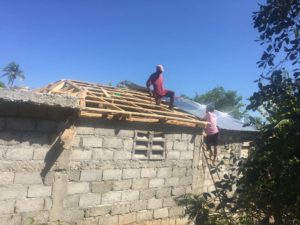 The United Nations Development Program has a definition of resilience. It is “an inherent as well as acquired condition achieved by managing risks over time at individual, household, community and societal levels in ways that minimize costs, build capacity to manage and sustain development momentum, and maximize transformative potential.” On the other hand, the Department for International Development (DFID) of the government of the United Kingdom defines resilience linked closely with long term development: “disaster resilience is the ability of countries, communities and households to manage change, by maintaining or transforming living standards in the face of shocks or stresses – such as earthquakes, drought or violent conflict – without compromising their long-term prospects.”
The United Nations Development Program has a definition of resilience. It is “an inherent as well as acquired condition achieved by managing risks over time at individual, household, community and societal levels in ways that minimize costs, build capacity to manage and sustain development momentum, and maximize transformative potential.” On the other hand, the Department for International Development (DFID) of the government of the United Kingdom defines resilience linked closely with long term development: “disaster resilience is the ability of countries, communities and households to manage change, by maintaining or transforming living standards in the face of shocks or stresses – such as earthquakes, drought or violent conflict – without compromising their long-term prospects.”
Resilience work entails continuous organizational learning on the part of the Camillian Disaster Service International. Grounded by actual experience in the field, continuous research and learning from what others are doing builds up the capacity of the Camillian Disaster Service International to respond not only affectively to the high index of human suffering in post-disaster situations but to intervene effectively towards tangible and evidence-based impact.
Given the above description of the current situation and the imperative for a framework of a Camillian response, guiding all subsequent actions, the Camillian Disaster Service International has an overarching vision: “Fullness of life in resilient communities.” Such vision is informed by biblical principles and enduring values from the Christian tradition and affirmed to have universal application. In John 10:10, Jesus says “I have come so that you may have life to the full.” St. Ireneaus of Lyon affirms, from Christian tradition, that the glory of God is in man fully alive.”
This vision also affirms and reinforces the principle of sustainable development. It is human development that recognizes human dignity innate in everyone, a development that meets the needs of the present without compromising the ability of future generations to meet their own needs. And such a vision is aligned with the World Health Organization’s definition of health as “a state of complete physical, mental, and social well-being and not merely the absence of disease or infirmity.” Finally, such a vision affirms the core principles advanced by Pope Francis in his encyclical, Laudato Si, with unswerving belief in human flourishing that includes care for the planet, our common home, and the intrinsic link between equal dignity, social justice and ecology.
While the above vision is mental road map that organizes the programs and activities of the Camillian Disaster Service International into a coherent, organic intervention, it is grounded on core values shared by its officers, field workers and collaborators. That it is a faith-based organization, whose identity is grounded on core values that inform their approach and underpins all their work.
Respect for human dignity is at the heart of who the Camillian Disaster Service International (CADIS) is, as its identiry, and what it does. That every person has inviolable rights founded on justice. Thus, everyone has right to life, quality service and total well-being, free from want, fear and hazard impacts.
Compassion is the second core value held to be important for CADIS. Integral to the work of the CADIS is how care is given, based on empathy, respect and dignity. Compassion is intelligent kindness; it is central to how people perceive care. For CADIS, caring is as important as care and the highest calling of CADIS is to provide comfort to those in distress and nurture capability in the vulnerable, regardless of class, gender, age, culture and religion. Great care is at the heart of everything CADIS does.
Integrity, Diversity and Inclusion—all these are critical ethical foundation for effective response. CADIS honors the integrity of every person and the diversity of peoples, cultures and communities. It commits to foster an enabling environment, privileging every voice towards participation and inclusion. It shall forge understanding and mutual respect; it labors for equitable development and peace.
Justice, Fairness and Solidarity are moral anchors that provide depth and breadth to a vision of an organization. And CADIS upholds justice and fairness in its dealings. It works for social justice and fosters human solidarity in its partnership with vulnerable communities and societies the organization works in.
Courage and Witness—these are two faces of one and the same love. Courage enables CADIS to do the right thing for the people its officers, field workers and collaborators care for, to speak up when they have concerns and to have the vision and personal strength to innovate and embrace new ways of working and relating with others. They bear witness to the human capacity to overcome adversity and suffering, connecting people to hope.
Learning, Creativity and Excellence are values of modern missionaries. CADIS officers, field workers and collaborators embrace learning, creativity and change as a way of life. Reflective distance allows them space for deep thought, increasing their consciousness of the whole, enabling them to serve the whole. By their mindfulness they contribute to the sustainability of peoples, the humanization of societies and the stewardship of creation.
Competence, Accountability and Transformation altogether form the bedrock of personal and organizational integrity. CADIS officers, field workers and collaborators are committed to employing and be held accountable to high standards of practice. They continuously challenge themselves to improve towards efficiency and effectivity, through strategic planning, assessment and evaluation. They deploy knowledge and skills, harness methods and appropriate technologies to transform their partner communities and themselves. Constant innovation towards excellence in their caring and service defines their processes.
Active listening, Collaboration and Teamwork are social values that underpin harmonious, peaceful and thriving communities amidst diversity, cultures, social differences, religious and political persuasions. CADIS officers, field workers and associates are committed to working collaboratively and in partnership with all stakeholders, actively listening to facilitate, negotiate and build consensus and strong teams to empower others. They are committed to bring together people, organizations and institutions that can pool knowledge, skills and resources, to work together to have most effective impact. Good communication is central to successful collaborative partnerships, working relationships and effective team working.
Finally, Transparency differentiates an ethical and accountable organization. CADIS honors its obligations in the partnership of equals, meets commitments and acts responsibly with public and personal trust, to consistently deliver value to its stakeholders. CADIS adheres to transparent financial accountability procedures and to freedom of information.
The Camillian Disaster Service International has a six (6) Years Strategic Plan (2014-2020) in Figure 2 below.
[1] The Human Costs of Weather Related Disasters: 1995-2015, Center for Research and the Epidemiology of Disasters, 2016.
[2] Poverty and Death: Disaster and Mortality 1996-2015, Center for Research and the Epidemiology of Disasters, United Nations Office for Disaster Risk Reduction, 2016.
[3] Vinod Thomas and Ramon Lopez, Global Increase of Climate-Related Disasters, ADB Economics Working Paper Series No. 466, November 2015.
[4] Poverty and Death: Disaster and Mortality 1996-2015, Center for Research and the Epidemiology of Disasters, United Nations Office for Disaster Risk Reduction, 2016.
[5] Ibid.



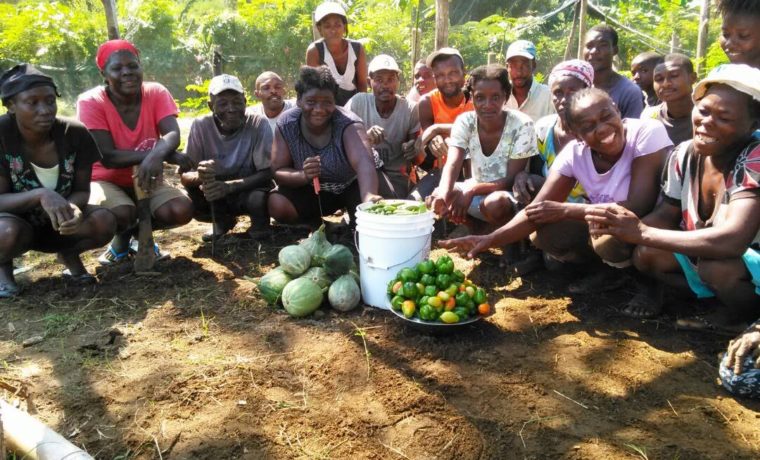
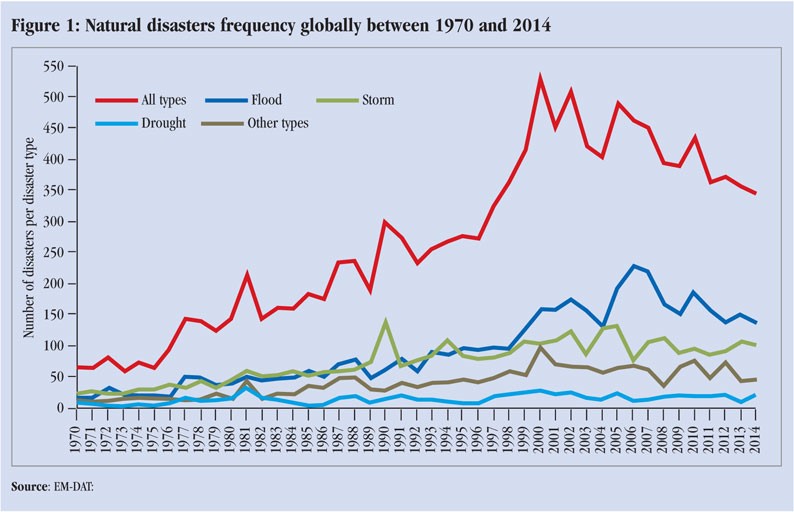
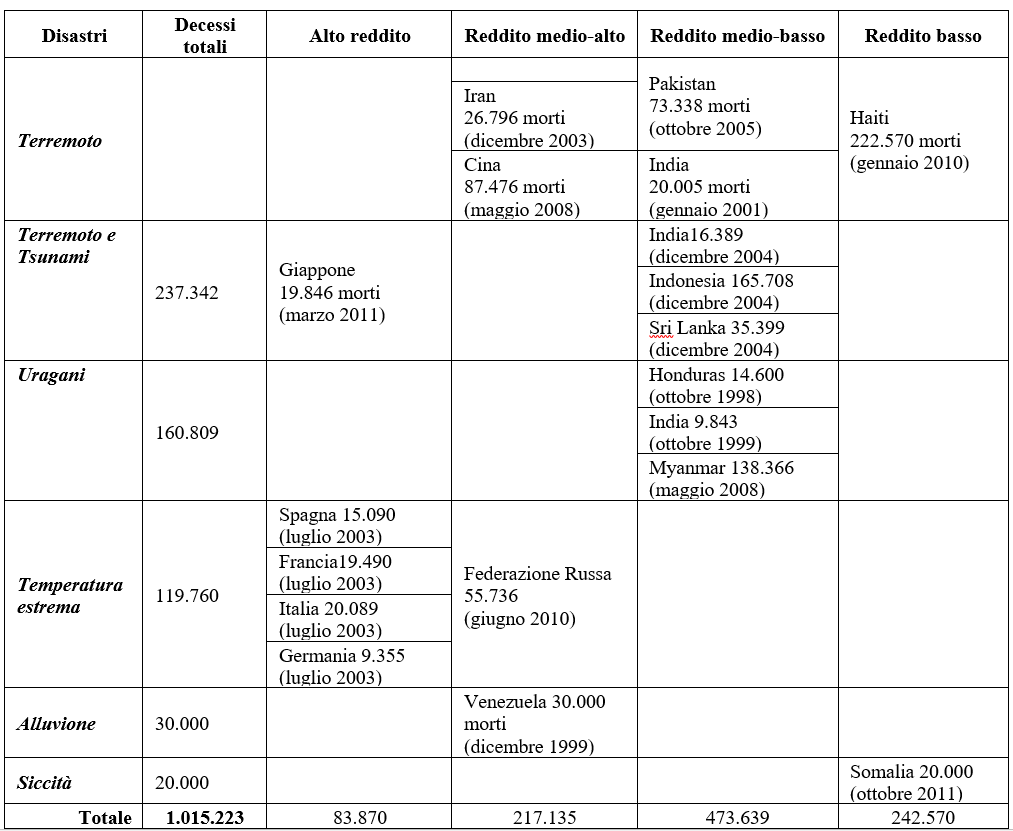
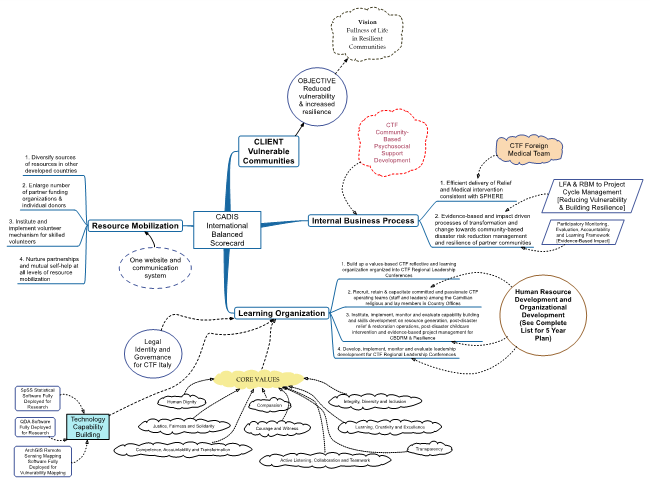






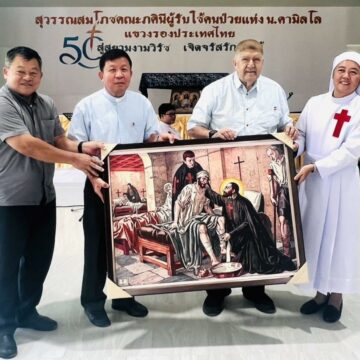
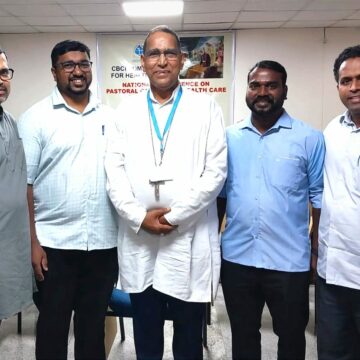
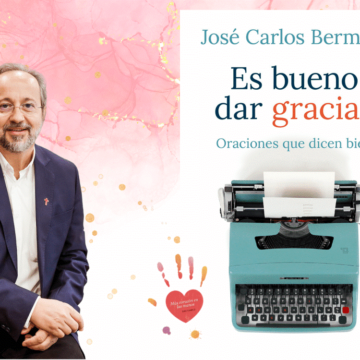

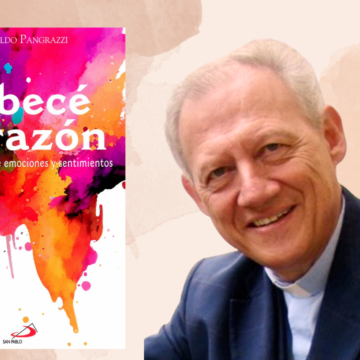
Camillians on Facebook
Camillians on Twitter
Camillians on Instagram